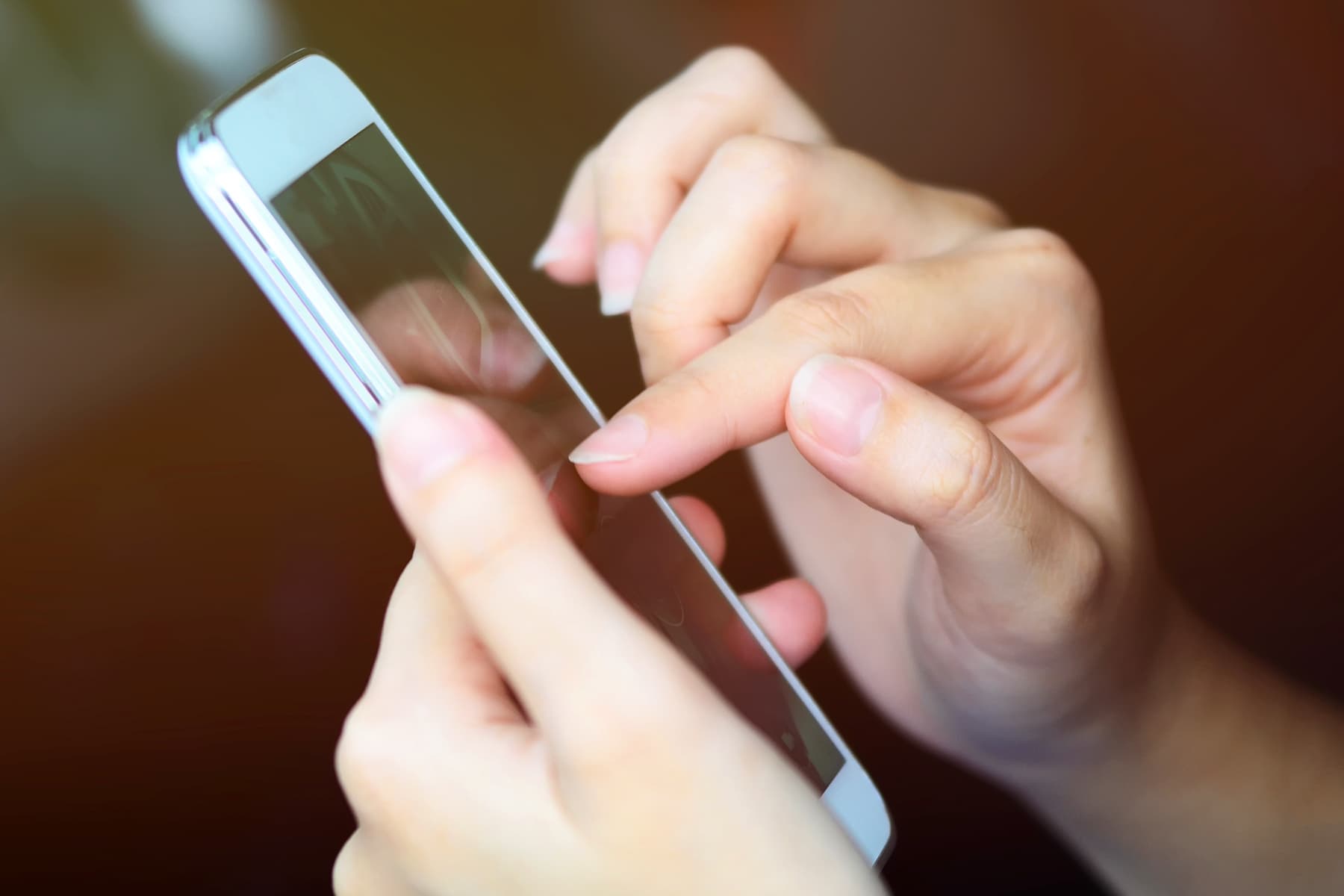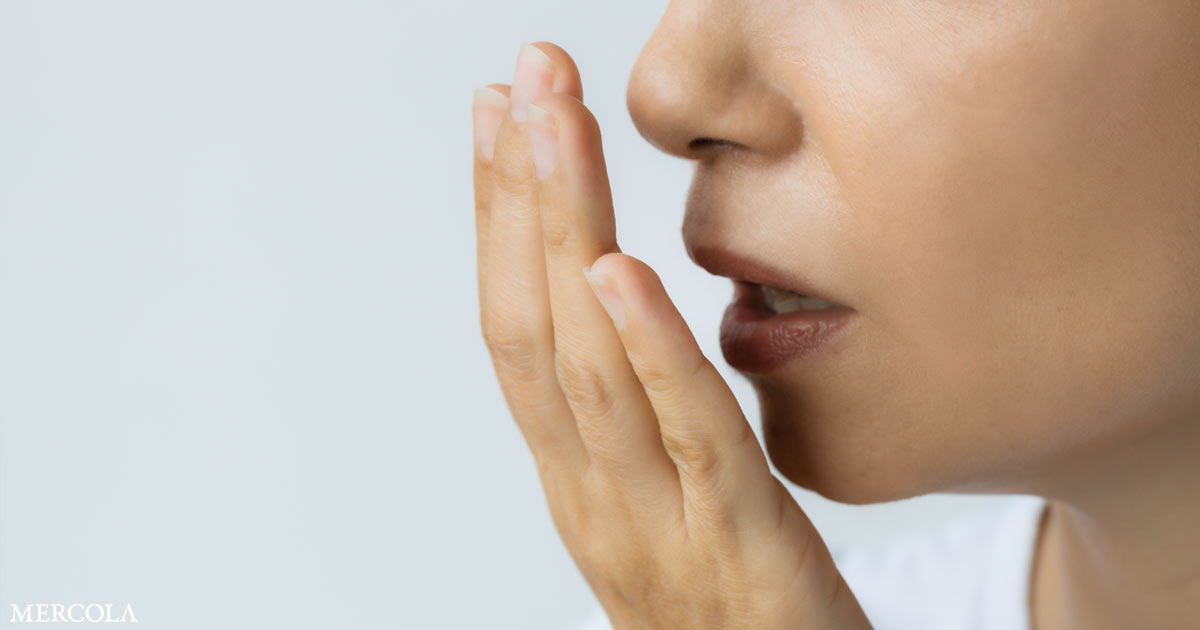
[ad_1]
Aug. 18, 2022 – Here’s another vote for less screen time. Tracking blood pressure with a smartphone app won’t lead to any greater drop in blood pressure than simply self-monitoring with the kind of device that doctors typically suggest be used at home.
That’s according to a new study involving patients with high blood pressure, also known as hypertension, who were randomly placed into one of two groups. Half of the people in the study self-measured their blood pressure with a standard monitor alone. These devices consist of a measuring unit attached to a cuff made of a piece of rubber or similar material that is wrapped around your arm and then inflated to measure your blood pressure. The other half, or the second group, self-measured their blood pressure using the standard device paired with a connected smartphone app.
Both groups achieved nearly identical reductions in blood pressure (about 11 points in systolic blood pressure – the top number) over 6 months, reported satisfaction with the monitoring process, and shared their readings with their doctors with similar frequency.
The study involved 2,101 adults, generally middle-aged or older, who said they would try to reduce their blood pressure by at least 10 points.
“By itself, standard self-measured blood pressure has minimal effect on BP control,” wrote lead author Mark J. Pletcher, MD, of the University of California, San Francisco, and colleagues in JAMA Internal Medicine. To actually improve blood pressure control, there also needs to be patient feedback, counseling, or other opportunities for intervention.
The researchers also saw other similar results between the two groups in the study. For example, 70% of those who used the app said they would recommend following the process they used to track their blood pressure to a friend, compared with 69% of participants who followed the standard approach.
New devices that link with smartphone apps, like the one used in this trial, send blood pressure measurements to the patient’s smartphone. The apps allow for tracking measurements, interpret the results, and can send reminders to measure blood pressure and take medications. They also offer recommendations for a healthier lifestyle and provide nudges to discuss your blood pressure with your doctor, among other things, the researchers explained.
Pletcher noted that it’s hard to get people to actively use health-related apps for long periods of time.
“There is so much competition for people’s attention on their phone,” he said.
But he hasn’t given up on these apps, saying that “with the right technology and connectivity and user experience, they still could be game-changing for managing” high blood pressure and other long-term health issues.
Matthew Jung, MD, of the University of Southern California, says the study is noteworthy for several reasons, including its large size, the similar level of comfort with technology reported by both groups, and representation of Black and Hispanic people.
But he also pointed out several study limits, including that one-third of the people studied never confirmed they received a device, less than half of the group assigned to using the app said they used it, and the study only lasted 10 weeks.
[ad_2]
Source link





No comment yet, add your voice below!